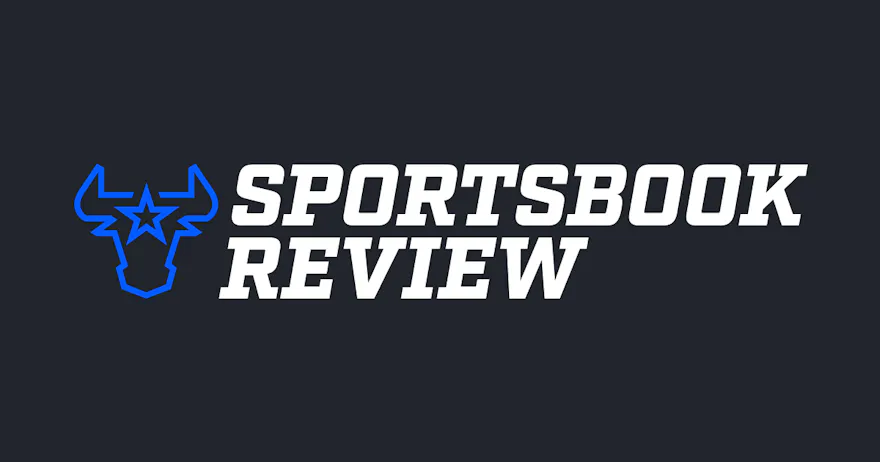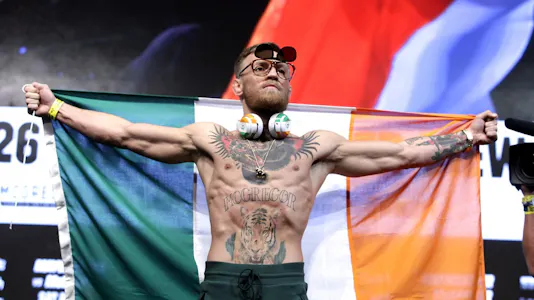College Football Cancellations and Sportsbooks Bottom Line

Coronavirus is about to claim another victim. Those in charge of the NCAA's major conferences have weighed in on the effects of COVID-19 and the conclusions from meeting, interviews and actions give the impression that College Ball may just have to wait until 2021 before taking the field. One college Conference Commissioner is already on record saying, “I think all of us will be meeting with our boards in the coming days. We have work to do that is no fun.”
It was Tuesday that the Big Ten and Pac-12, on the advice of its medical advisors canceled the 2020 season with more leaders within the "Power 5" Conferences soon to follow. As it stands, 53 schools of 130 have put the brakes on their NCAA Football season with the Big Ten, Pac-12, Mid-American and Mountain West already making the tough decision to opt-out of the 2020 campaign.
Some Conferences are planning to forge ahead with their kickoff plans including the ACC and SEC which boast stacked lineups of teams including Clemson, Alabama, LSU, and Georgia. It remains to be seen if those schools will take the field.
In the end, the already announced college football cancellations will have an effect on sportsbooks' bottom line.
The Financial Ratifications
According to industry analyst Eilers & Krejcik Gaming, college football accounts for about 12% of the US sportsbook revenues. Gambling.com estimates that it translates to about $1 billion in bets annually. Nevada Gaming Control Board Senior Research Analyst Michael Lawson is on record saying that: “we have been told anecdotally that college football wagers account for approximately 40 percent of total football write.”
Brendan Bussmann, director of government affairs for Global Market Advisors, recently commented that “depending on the state, I am estimating about a 15% hit to sports betting overall with no college football.”
When added up, it amounts to an estimated $50 million loss for Nevada sportsbooks alone. Mississippi gains most of their yearly handle from NCAA Football, Pennsylvania bettors keep their sportsbooks afloat with wagers on Penn State, and one of the newly minted legal betting states, Michigan, was counting on the Wolverines to provide a betting boon for its new sports betting industry.
Keep in mind that tax revenue from college sports betting funds things like educational programs and infrastructure projects in participating states.
How Sportsbooks Have Reacted
Obviously, without college football, sportsbooks across the nation will be hard-pressed to reach their lofty heights brought about by fall sports. A look at the posted odds for college football shows some sportsbooks have already written off a robust betting season, including lucrative futures bets on the eventual National Champion.
Big names in the sport Ohio State and Penn State of the Big Ten and Oregon of the Pac-12 have already shut down their programs, for now, putting in question the legitimacy of naming a National Champion this year. The Big 12 has decided to go ahead with their season, assuming that COVID-19 doesn't force it out of action as well.
It seems that the big books are getting ready to write this college football season off which is just another hit to an industry that has been decimated by COVID-19.
Moving Parts
There are a whole lot of moving parts as we head toward September. As of now, there are games on the schedule like the first of the season featuring South Alabama at Southern Miss on Thursday, Sept. 3. The FBS could still hold its Championship game as they are not officially part of the NCAA who shut down all fall sports on Thursday.
Notre Dame is now part of the ACC that has so far said they are ploughing ahead and Nebraska has even threatened to switch Conference so they can play. Championship games for some Conferences are still on the schedule and Bowl Games haven't been canceled just yet.
There is even a plan to start training camps in January, play an eight-game schedule within Conferences starting in February, and have an eventual Championship game in May.
On the Line
Futures betting, including a National Championship in college football, was a popular commodity for sportsbooks during lockdown - people simply had nothing else to bet on. What would happen to those bets and what an abbreviated season would mean to sportsbooks and gamblers is still up in the air.
There is a group of athletes hoping to play still and a swath of fans hoping the season goes forward as well.
It is a fluid situation, to say the least for College Football. Fans, sportsbooks, and all those that depend on raucous weekly action are hoping the season start and ends on time. But those chances are dimming seemingly every day. Normal is not yet here folks and no college football is just another example of that.







